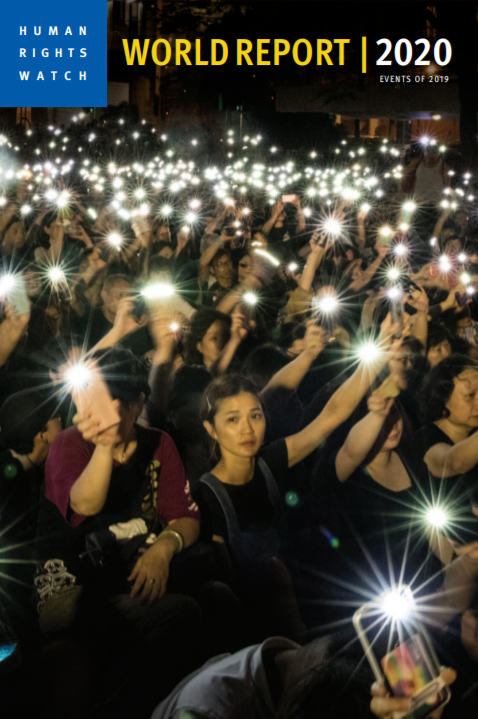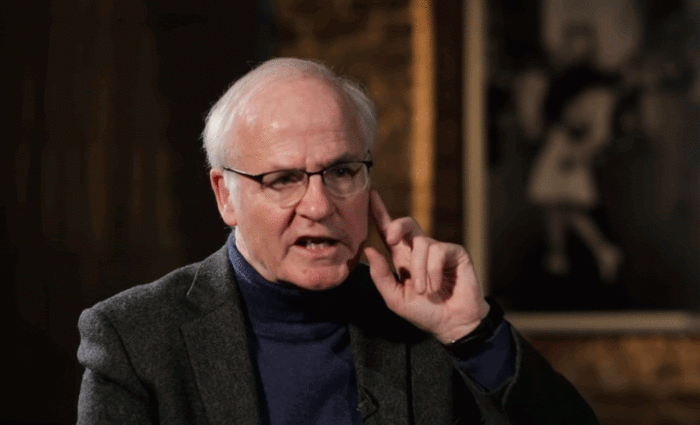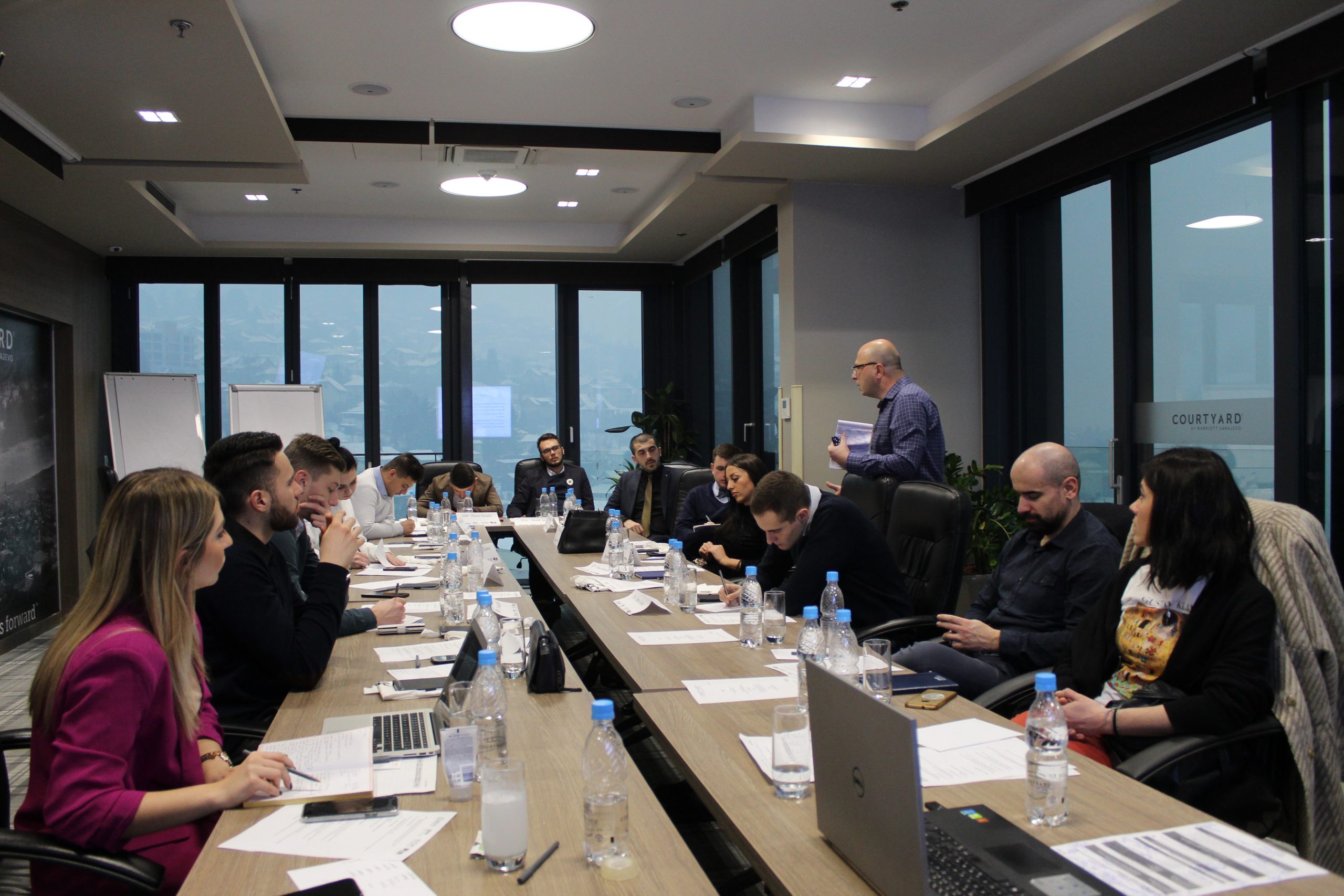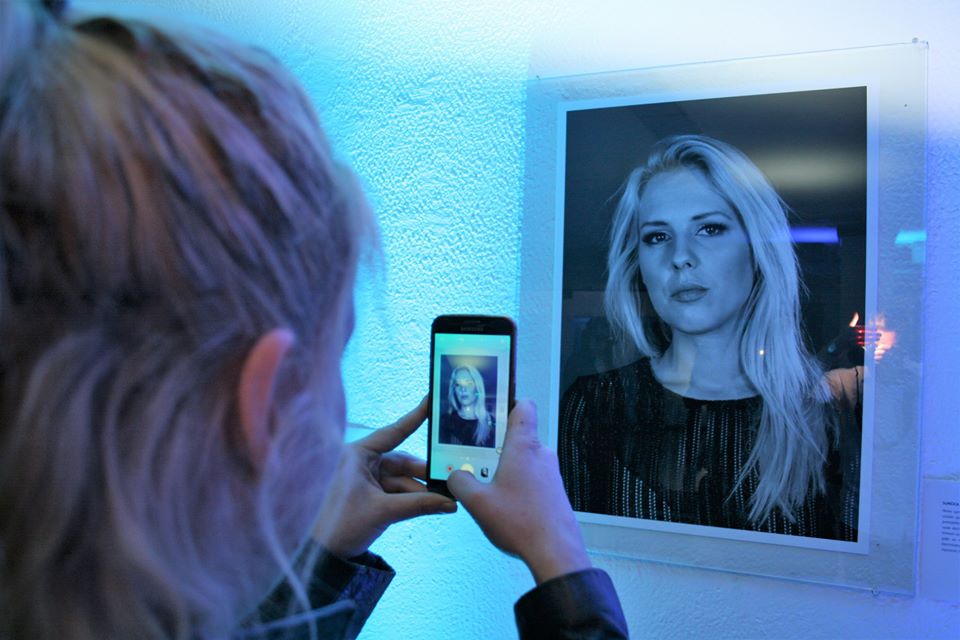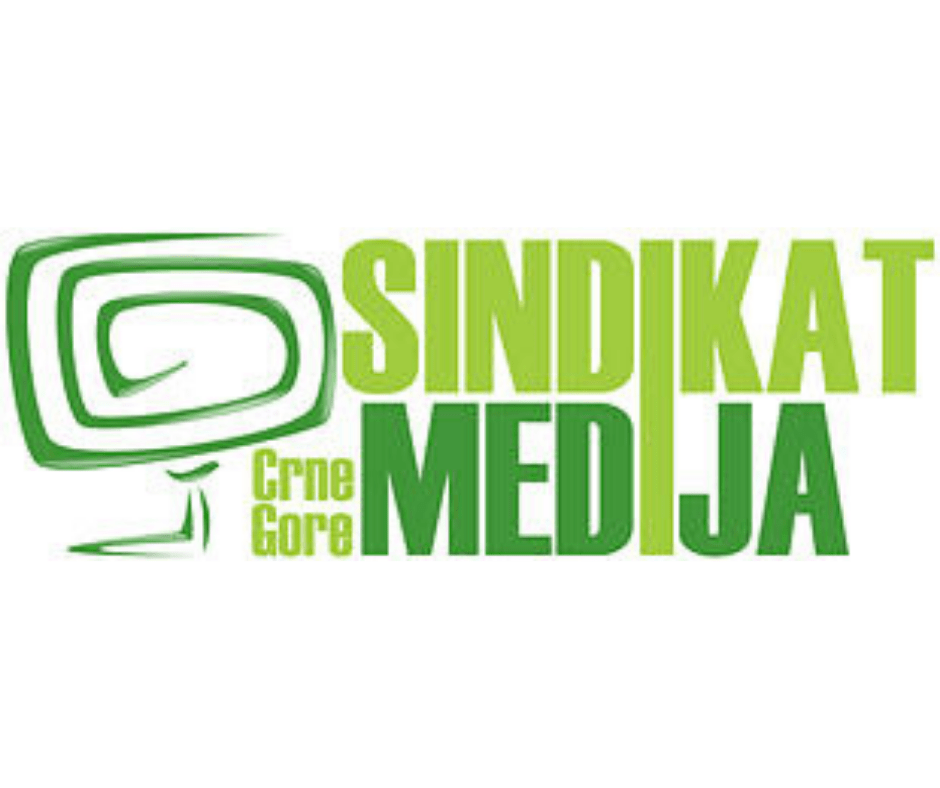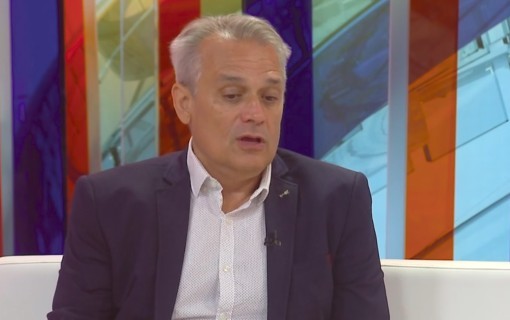By: Biljana Radulović
Sarajevo, 14.01-2019. – The freedom of expression in our system requires courage, as well as accepting eventual consequences that may derive when one follows one’s views, opinions, beliefs and attitudes and loves his professional occupation. In regular societies, freedom of expression and liberty of professional occupation should pervade without consequences.
When a female journalist quotes something or when she expresses her views or opinion about something, she instantly instigates and launch an avalanche of condemnations in an underdeveloped society which oscillates from condemning, insults, offences, humiliation, threats, typical hate speech to even physical extermination. Also, she may face the risk to be legally sued based on defamation charges or accept to be fined with high amount of values to the damaged party, including the costs that she may have to pay in order to cover all court expenses.
How is violence manifested?
All these forms and shapes of violence over female journalists may be divided into hate speech, based on gender inequality or misogyny or economy-based violence. Both of these are aimed to create fear with an executive goal which is termination of work for good.
Hate speech is manifested verbally, personally (directly) and indirectly as internet violence, through comments posted on different web sites and these often appear as pre-orchestrated comments that were pre-ordered and most probably paid for until they reached the limits of expulsion. Economy violence is manifested by pressing defamation charges where, in most cases, there is no thorough description of the defamation itself; instead, only the title is outlined, including the Law Article number and the entire Article contents (based on the Law) altogether labelled as defamation and along with this, it often contains highly marked value of the dispute case. Perpetrators and assaulters are often those that use their positions for sexism – based humiliation and pressing legal charges for defamation occurrence (indirect way) and there are direct ways that are not as visible as the previous ones, however they do appear and service their original purpose through hate speech comments posted on web site Etc.
Basically, both violence forms in all their shapes; sexual allusion, humiliation of female journalist as a woman and her professional occupation, frightening, mocking her physical appearance, her look, personal and family life Etc., have double features: creating a victim out of female journalist and spreading and sharing hate throughout like-minded network of persons in order to, throughout this specific network, justify the view and create support for even more brutal assault on victim, but also to create even more notable feeling of frailty with the victim itself.
Lack of reactions and support
When some inappropriate statement is released that may devalue female journalist, the reaction usually fails. Lack of reaction of wider social community is indeed concerning. Female journalists under such circumstances and in such situations usually get support by journalists’ association only and these usually condemn the assault / attack.
If a perpetrator happened to be a public figure, not only a figure with political background, but the figure coming from any other field, there is no condemning coming from local community that she/he belongs to; instead there are eventual individual condemnations.
When Sergej Trifunovic, a regional actor from Serbia, recently publicly addressed an insulting and offensive comments directed against female journalists in Serbia, these female journalists were supported by journalists’ associations, officials dealing with gender equality issues and female networks deriving from a non – governmental organizations. Actor and film associations once again failed to condemn this case.
Words like “I am not your type of a man”, “get out of the building”, “when I look at you I realize why you are always in a bad mood”, “your appearance is your people reflection” Etc. until present day have not been condemned by political party that perpetrator belongs to, neither has any institution dared to condemn this, including gender centers. In this way, the entire society of dead individuals becomes an accomplice.
It is doubtful whether there is an adequate reaction by any organization that fights for women’s rights or their reactions are not evident or not released in public.
It is simple to assume the reactions and situations where a female journalist could find herself in after these kind of assaults or orchestrated battues in terms of posted comments or even press releases by those who should have replied to her question in the first place, or those that were concerned with her article, text, video or audio recording material. The assault itself, regardless to which shape it emerges, produces psychological violence within female journalist, including institutional violence once it is clear that she is powerless. It also creates economic violence, because any institution addressing requires costs, expenses and wastes certain time. The protection kind of journalist determines the type of an assault.
How to protect yourself?
In case of any type of violence over a female journalist, we should immediately seek protection from journalist associations, but also insist on wider support – starting from organizations that deal with women’s rights and other civil sector institutions, and requests to the perpetrator / demanding a public apology, insist that a political party from which the perpetrator originally comes from condemn such behavior and conduct, announce that the condemning was required, that there is or is not a reaction, provide general public with all details regarding the case.
One could require, through professional associations, both psychological and legal aid so the female journalist would gain more confidence and power in order to have better chances in her fight for her own protection, because during the case itself, she may face yet another stigmatization, this time by the institutions.
As far as all misogyny – based comments, which in fact represent the most typical kind of hate speech, tailored to evoke disturbance and stress within the assaulted person, including the creation of fear, the charges should be pressed based on discrimination, but would also include charges pressed against the perpetrator for criminal actions.
Regardless to the fact that any of the above outlined processes may instigate another violence experience, final effect must not be disregarded and forgotten; no matter how symbolic the fine and punishment may be, that is, minimal punishment or fine or even if it appears humiliating and diminishing fine as far as the assaulted person is concerned.
The policy of fines, sanctions and punishment must exhilarate and vivify and that the perpetrators began to think that they eventually may be punished for written content or released statement, including actions or deeds that may have disturbed the harmony and peace within others, both in terms of phycological or physical integrity.
In systems, such as our own, it is advisable that this kind of subjects are monitored in order to receive quality – based indicators regarding the work of judiciary institutions, as far as the word on cases that concern female journalists is concerned, but also to form and establish the fund that would finance legal aid in these cases.
(This article was published in E-journalist bulletin no.70/71)



